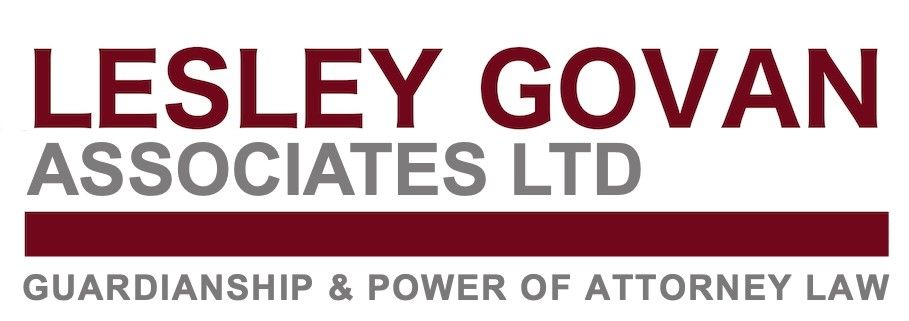Ensuring the Well-being of Vulnerable Loved Ones: Consent and Covid-19 Vaccination
We all want to protect our loved ones from illnesses like Covid-19 and the flu NHS Scotland are currently rolling out their winter vaccine scheme. Vaccination is an important tool, but what if your loved one is unable to give consent due to mental illness, learning disabilities, dementia, or other health conditions? This blog will help you understand the process of decision-making and consent when it comes to getting vaccinated.
Capacity to Consent
In most cases, adults over the age of 16 are presumed to have the capacity to make their own medical decisions, including vaccinations. However, some individuals may lack the capacity to make such decisions due to mental disorders.
The Adults with Incapacity (Scotland) Act 2000 defines the lack of capacity as the inability to make, understand, remember, communicate, or act on a decision due to mental disorder. Fortunately, many people with mental illnesses, learning disabilities, and related conditions can still provide consent for vaccination. With proper support and communication methods, they can make informed decisions about their health.
Support for Decision-Making
For those with impaired capacity, it's essential to provide appropriate support to help them reach a decision and give their consent for vaccination. This support may involve using different communication methods, providing information in accessible formats, and allowing time and space for decision-making.
However, there will be cases where individuals truly lack the capacity to consent to vaccination. In such situations, healthcare practitioners must follow specific principles outlined in the Adults with Incapacity Act. The vaccination must benefit the individual receiving it - not that the vaccine may benefit wider society. The vaccination schedule and the role of boosters should be considered to determine if this is the minimum necessary intervention. As vaccination typically involves intramuscular injection, and there's currently no oral alternative, this is likely to be the case. Healthcare providers should take into account the individual's past views on vaccinations and any advance decisions regarding vaccinations. Consultation with relevant individuals, including family members, can help determine the person's views and past wishes. Those who have been granted Power of Attorney or a Guardianship Order with relevant powers should also be consulted and can provide consent. Whenever possible and practical, support should be provided to help the person make a decision.
Obtaining Authority for Vaccination
If a person lacks capacity to consent, a certificate granted by a medical professional can provide the necessary authority for Covid-19 vaccination. In some cases, individuals may physically resist vaccination. Whether it is justified to administer the vaccine against their resistance must be carefully considered on an individual basis, taking into account the necessity and proportionality of the force used.
Welfare Guardians and Powers of Attorney
If you are a welfare guardian or have been granted a welfare power of attorney, your consent is generally required for treatment where a certificate is granted by a medical professional, except in cases where obtaining your consent is unreasonable or impractical. In situations where force may be necessary, you can apply for an intervention order or welfare guardianship order to authorise the vaccination.
Ensuring the well-being of our loved ones, especially those who may lack capacity, is a complex but vital responsibility. If you have concerns or questions about your loved one receiving a Covid-19 vaccine, whether or not you currently hold legal powers of decision-making by way of Power of Attorney or Welfare Guardianship, we would be happy to discuss your circumstances.

